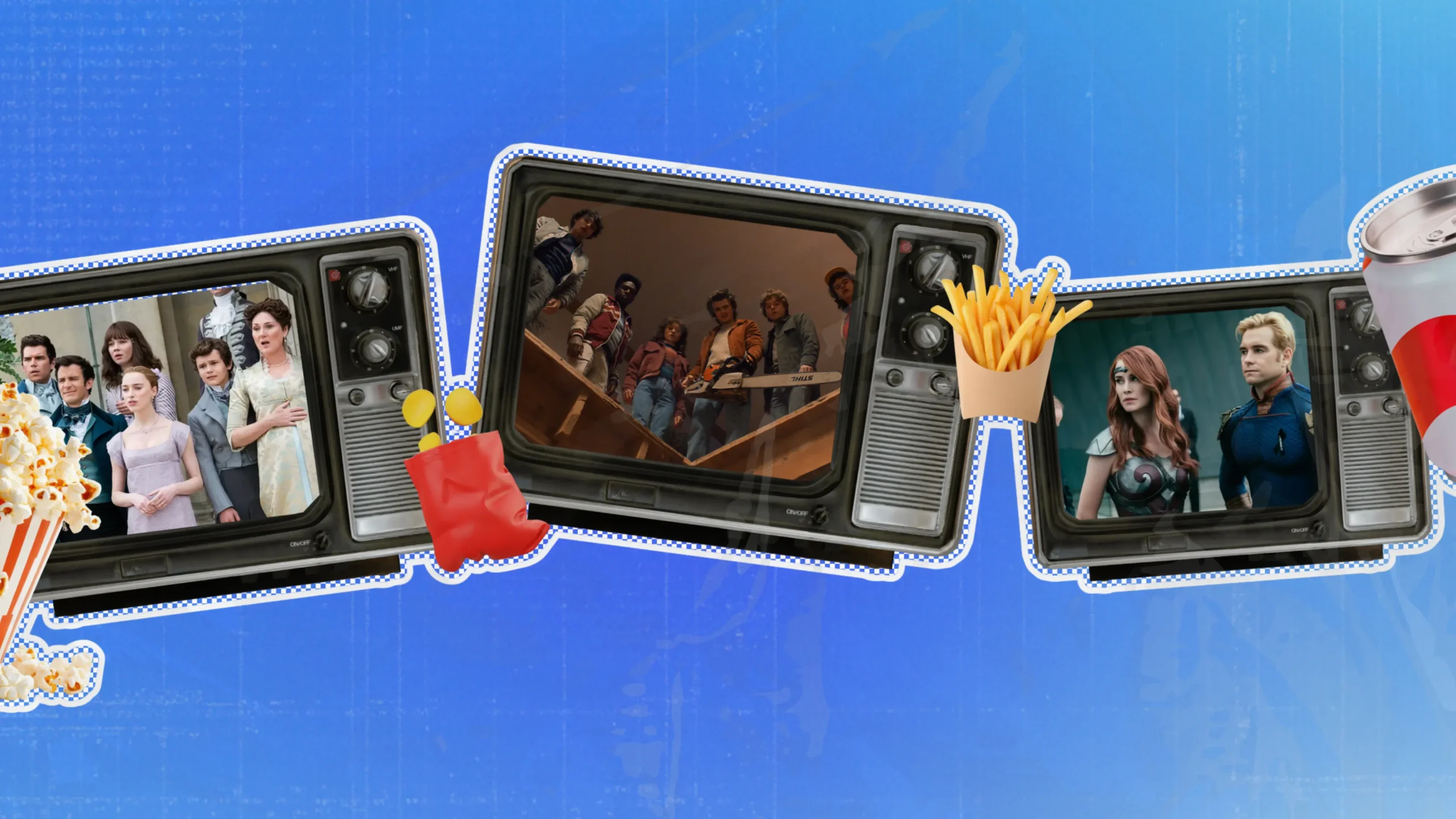Whether you’re an executive preparing for a major interview, a spokesperson addressing a crisis, or a team leader presenting a new strategy, media training can be a game-changer.
Media training equips you with the skills to handle the spotlight with poise and precision. It helps you develop clear, compelling messages and deliver them in a way that resonates with your audience. You learn to navigate tricky questions, manage nervousness, and maintain control of the narrative. Moreover, it enhances your ability to connect with diverse audiences, whether through television, radio, print, or social media.
All in all, it’s a must-have. With it, you can turn potential pitfalls into your opportunity to shine. Read on to find out what else you have to gain.
1. An understanding of how the media works
The media landscape is intricate, but not impossible to understand. Media training can help with that, from providing insights into how different media outlets operate, to the dynamics of news cycles, and the nuances of various media platforms.
You’ll need to know this to help you navigate future interviews and craft effective media strategies. Understanding how to engage with journalists, what makes a story newsworthy, and the importance of timing can greatly enhance your media interactions.
But, more than that, this understanding helps with forming strategic media partnerships. However you end up partnering with the media in the future, a better understanding of how it works will lead to an overall smoother experience.
ALSO READ: Ask the Expert: A Look Into Media Relations as the Heart of PR
2. Control of the interview
Media training empowers you to take control of interviews, ensuring your key messages are communicated clearly and effectively. By learning techniques such as bridging, flagging, and staying on message, you can steer the conversation towards your desired topics.
This training also helps you handle tough questions with confidence, avoiding pitfalls and maintaining a positive narrative. With practice, you’ll become adept at managing your tone, body language, and responses, projecting confidence and authority.
Controlling the interview not only boosts your confidence but also ensures that your organization’s story is told accurately, strengthening your public image and influence.
3. The ability to share your expertise
Media training teaches you how to share your expertise in a way that is both authoritative and relatable. It emphasizes the importance of authenticity and vulnerability, which can create a deeper connection with your audience.
Learning how to talk about what you know while acknowledging uncertainties or challenges can show a side of your brand that’s humble and trustworthy. This balance of expertise and grace not only enhances your credibility but also humanizes your message, making it more impactful.
By mastering this skill, you can engage your audience on a more personal level, fostering stronger relationships and leaving a lasting positive impression.
4. Knowing how to structure your points
Media training equips you with the skills to structure your points clearly and effectively. Understanding how to organize your thoughts into one coherent narrative will, simply put, help you tell a story.
Techniques you can learn through media training like the “Rule of Three” help you condense complex ideas into memorable, digestible chunks. Training may also focus on crafting compelling soundbites and key messages that stick with your audience.
By learning to prioritize and emphasize your main points, you ensure that your core message is conveyed succinctly and powerfully. This ability not only enhances your media interactions but also improves your overall communication skills, making every conversation more effective.
5. Learning how to handle confrontation
Media training prepares you to handle confrontation with poise and professionalism. It teaches strategies for staying calm and composed under pressure, turning potentially hostile situations into opportunities for positive engagement.
By practicing responses to challenging questions and scenarios, you learn to deflect negativity and steer the conversation back to your key messages. This training also emphasizes the importance of empathy and active listening, helping you address concerns without becoming defensive.
Mastering these skills ensures you can navigate confrontational moments gracefully, maintaining control and preserving your credibility, while effectively communicating your perspective.
When you’re ready to turn your potential pitfalls into opportunities for your business to shine, let us know. Contact us, and we can help you earn the media and communication skills you need to succeed.
RELATED CONTENT:



